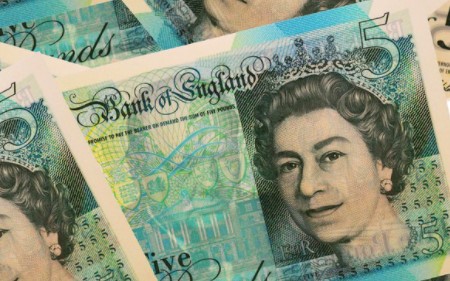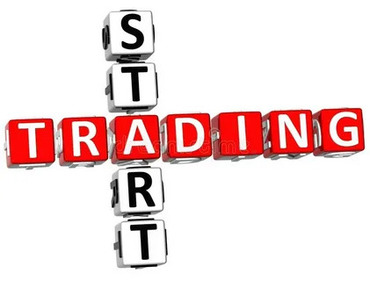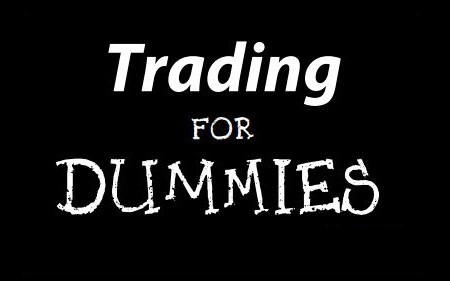The impact of devaluation on the economy
 29 / 03 / 22
Visitors: 650
29 / 03 / 22
Visitors: 650
Let's discuss what processes are behind the depreciation of the currency, what devaluation is and what it provides.
Devaluation is a decrease in the exchange rate of the national currency in relation to more stable and stable exchange rates in the financial market, for example, against the US dollar or euro.
Devaluation and inflation - what's the difference?
The two terms are often found in conjunction in the analysis of the economic situation, but this does not mean that they are equivalent. The difference is in the content and prerequisites of attractiveness. With devaluation, the price of the US dollar and the euro rises, the cost of goods rises, inflation follows the depreciation of the national currency and the country's financial resources, which corresponds to the volume of production and solvency.
Devaluation can be open and hidden. In the first case, the Central Bank now officially intervenes and foreign exchange reserves are activated. In the second, the process occurs through the regulation of market mechanisms.
The Central Bank uses reserves to control and regulate state exchange rates. If they are not enough, the process of currency depreciation is inevitable. What precedes devaluation? Here's the full list of reasons:
- citizens massively withdraw deposits and funds from banks;
- devaluation of funds in partner countries with the participation of state trade relations;
- balance of payments deficit - more currency disappears from the country than is consumed;
- caring for the sick out of the country;
- falling prices for raw materials and products of the country's industry;
- natural disaster or man-made disaster;
- political crisis;
- increase in debts to other states.
All these reasons lead to the fact that the state includes the full capacity of the printing press, engages in foreign exchange trading and thus affects the national economy.
Risks for access and ordinary citizens
An objective assessment of risks associated with a number of factors and the rate of loss of the national currency in the market. Let's consider in more detail.
Smooth devaluation - a decrease in the national currency to 5% per year, when the norm is considered within the validity period and is not very typical for a country's deal.
Moderate - a loss of 5-15% per year leads to export stimulation. At this rate of devaluation, the country can benefit from:
- excess production of excess products against the background of exposure;
- demand of the population for goods of domestic production;
- load on the reserves of the Central Bank ripple;
- balance of payments deficit;
- GDP volume;
- water new jobs;
- inflation is moderate.
Fast - the growth of import prices and export promotion become apparent when the national currency depreciates by 15–25% per year (with a positive trade balance and export coverage by an increase in the cost of imports, the situation can stabilize and regain lost foreign exchange positions).
Rapid - catastrophic for the country's economy, since the currency accounts for 25% per year and leads to a total crisis, the expression of consumer demand, the depreciation of the savings of legal entities and individuals.
The most dangerous rapid and uncontrolled by the Central Bank and the devaluation of the state leads to the final consequences:
- withdrawal from deposits in a panic of large funds can lead to bankruptcy of banking and financial structures;
- strong rise in prices for imported goods;
- falling consumer demand and activity;
- the profitability of importing companies and technical manufacturers that use the reduction of imported raw materials or equipment in their work;
- increase in prices for locally produced products in the domestic market;
- devaluation of savings;
- a sharp change in the rate of a currency transfer to the loss of money;
- refusal to transfer funds in the conference of the country;
- transfer of savings into foreign currency.
How to do business
Depending on the pace of speed, the position of the business develops according to various scenarios. In the worst case scenario, experts recommend that entrepreneurs choose the following strategy:
Investing in assets that rise in price and act to achieve the moment.
Transfer of funds into the currency that is needed for business settlements.
Contribution to the development or re-equipment of the business, the launch of products that are relevant to the market.
Search for partners at fixed prices and without reference to the expected period.
Revision and organization of logistics to reduce costs and increase orders.
What to do with loans
The terms of the loan must be met in accordance with the contract. Market experts note that those who have income in hard and stable currency and credit in the country will benefit.
Devaluation is not the best time to take out a loan.
With the devaluation of the national currency, banking and financial structures react to sensual directions:
- less borrowed funds are issued;
- conditions for issuing loans are tightening;
- the loan amount becomes smaller;
- benefits are cancelled.
The impact of devaluation on the life of the population and doing business is mostly negative and creates an unfavorable background for the issuance of borrowed funds.
How to save money
The depreciation of money does not happen instantly, there are always obvious reasons. To reduce the risk of losing capital, do not panic. It is recommended to focus on the acquisition:
- large purchases that were in strategic plans and really needed;
- products and goods for personal and daily consumption;
- assets that are not affected by a volatile market.
In general, the main task is the diversification of capital and assets, a careful analysis of the current situation.
What not to do in a situation of instability:
- withdraw money urgently from the deposit;
- arrange a loan of funds at floating quotes;
- buy thoughtlessly currency urgently and at any cost.
Summing up
The danger to the economy, investment and personal savings is the rapid devaluation of the national currency. For the safety of funds, it is required to adhere to a diversification strategy.
A complete list of unscrupulous brokers, that we do not recommend working with is available here.







